【Faculty Members of CHS】
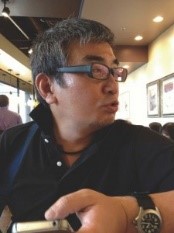 |
Ichiro Nakagawa (Professor, Department of Microbiology Graduate School of Medicine) ➡Our purpose of study is to reveal how the bacterial pathogens acquire the pathogenesis and evolve through the genomic analysis. And we try to find new prophylactics and therapies for infections through the kinetic analysis in animal cell at the molecular level. |
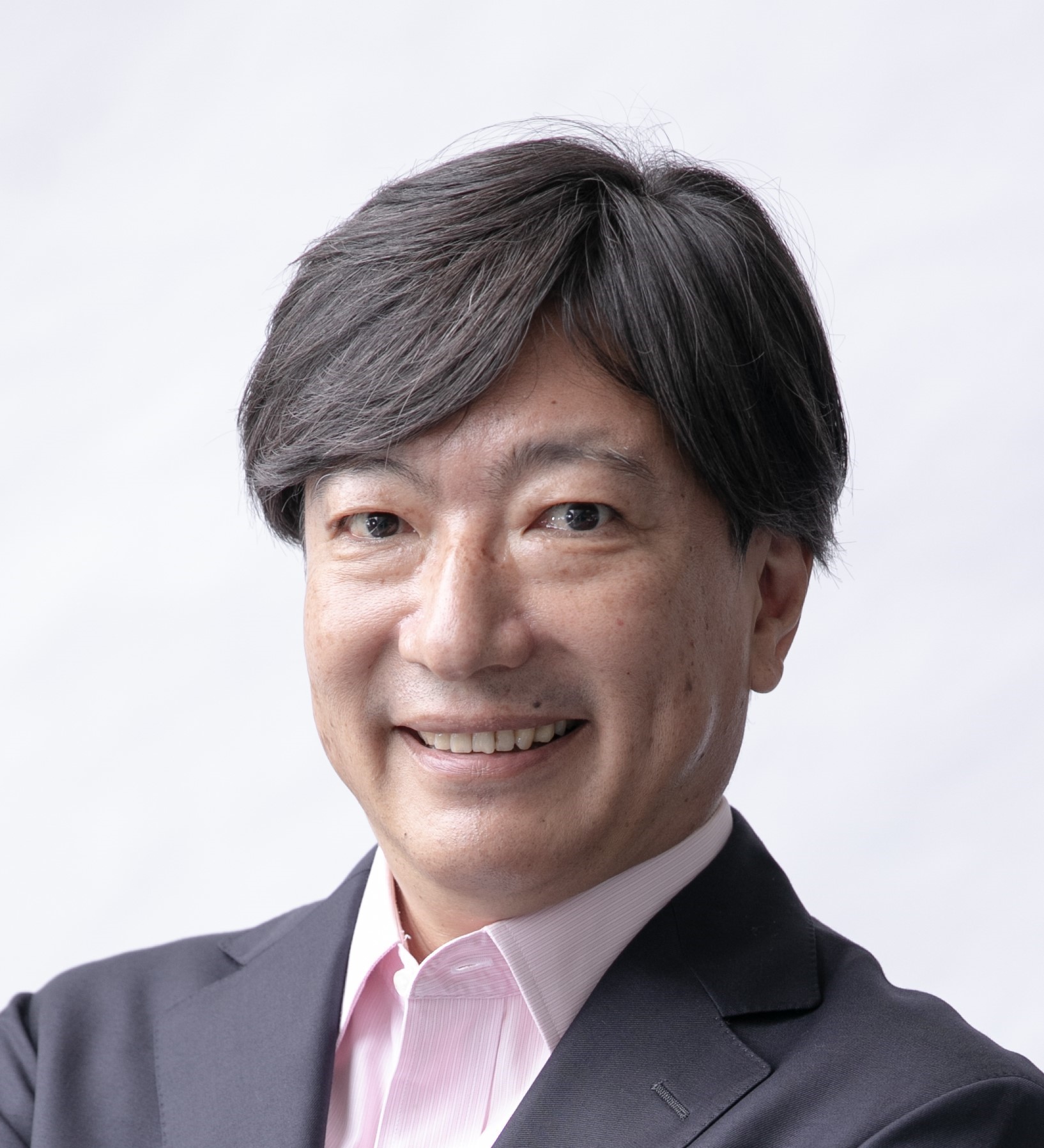 |
Hideki Ueno (Professor, Department of Immunology, Graduate School of Medicine, Kyoto University; Vice Director, ASHBi Institute for the Advanced Study of Human Biology, Kyoto University; Director, Kyoto University Immunomonitoring Center (KIC), Kyoto University) ➡I have conducted research in human immunology using human specimens for nearly 30 years. Currently, I focus on various areas including human infection immunity, vaccine immune response, immune responses in the human liver, and cancer immunology. My research involves multidimensional analysis at the single-cell level, primarily using human organ specimens. Additionally, I am building a human immune database to prepare for next-generation pandemics. |
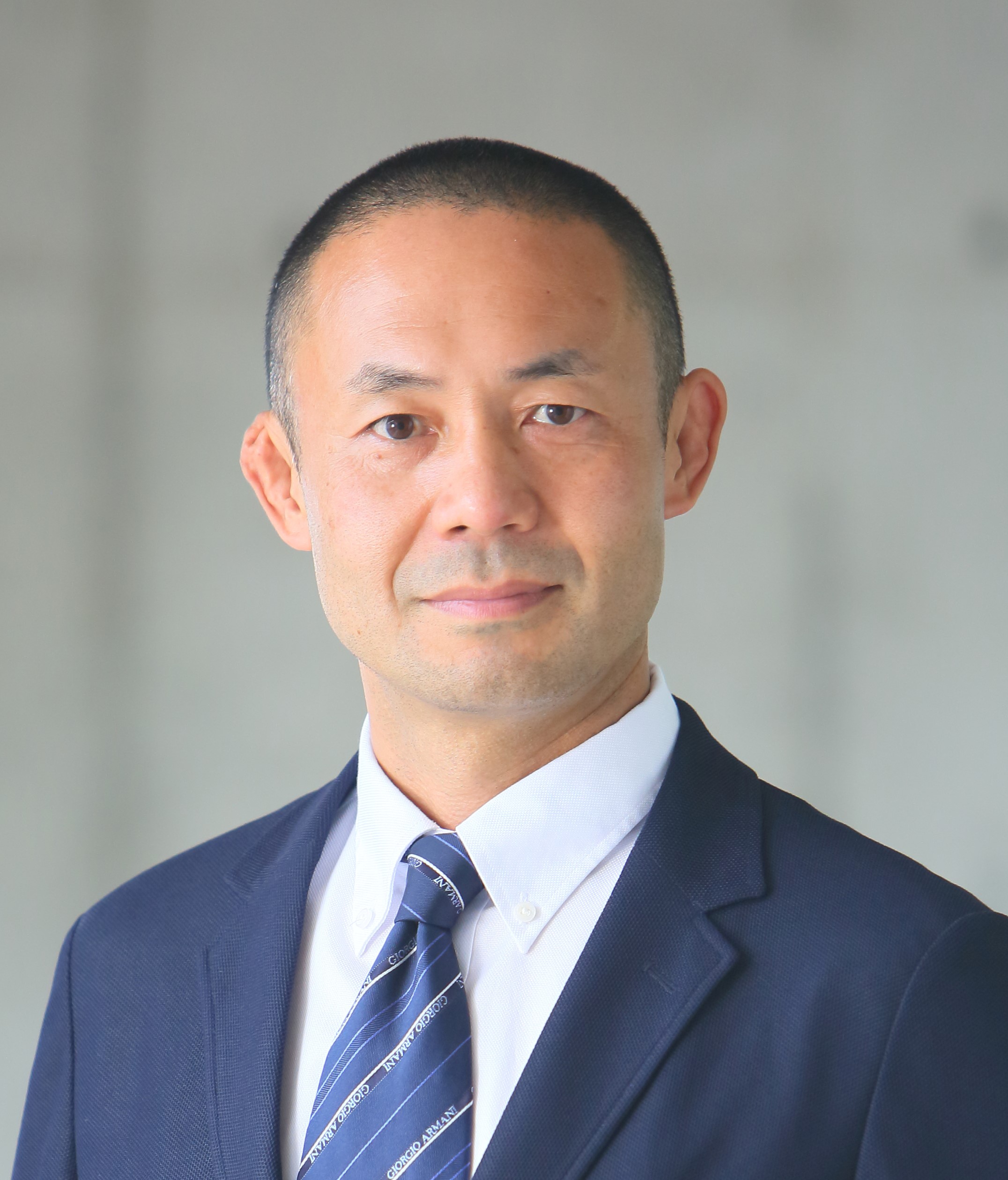 |
Tomoki Aoyama (Professor, Human Health Sciences, Graduate School of Medicine) ➡ In order to return to former life after a pandemic or a large-scale disaster, people need to recover their reduced physical strength and daily activity, as well as restore various infrastructures. This is not only in that situation but also before it, as individuals medical system, and administrations need to be prepared for the consequences of an unusual lifestyle, even in the absence of disease or trauma. |
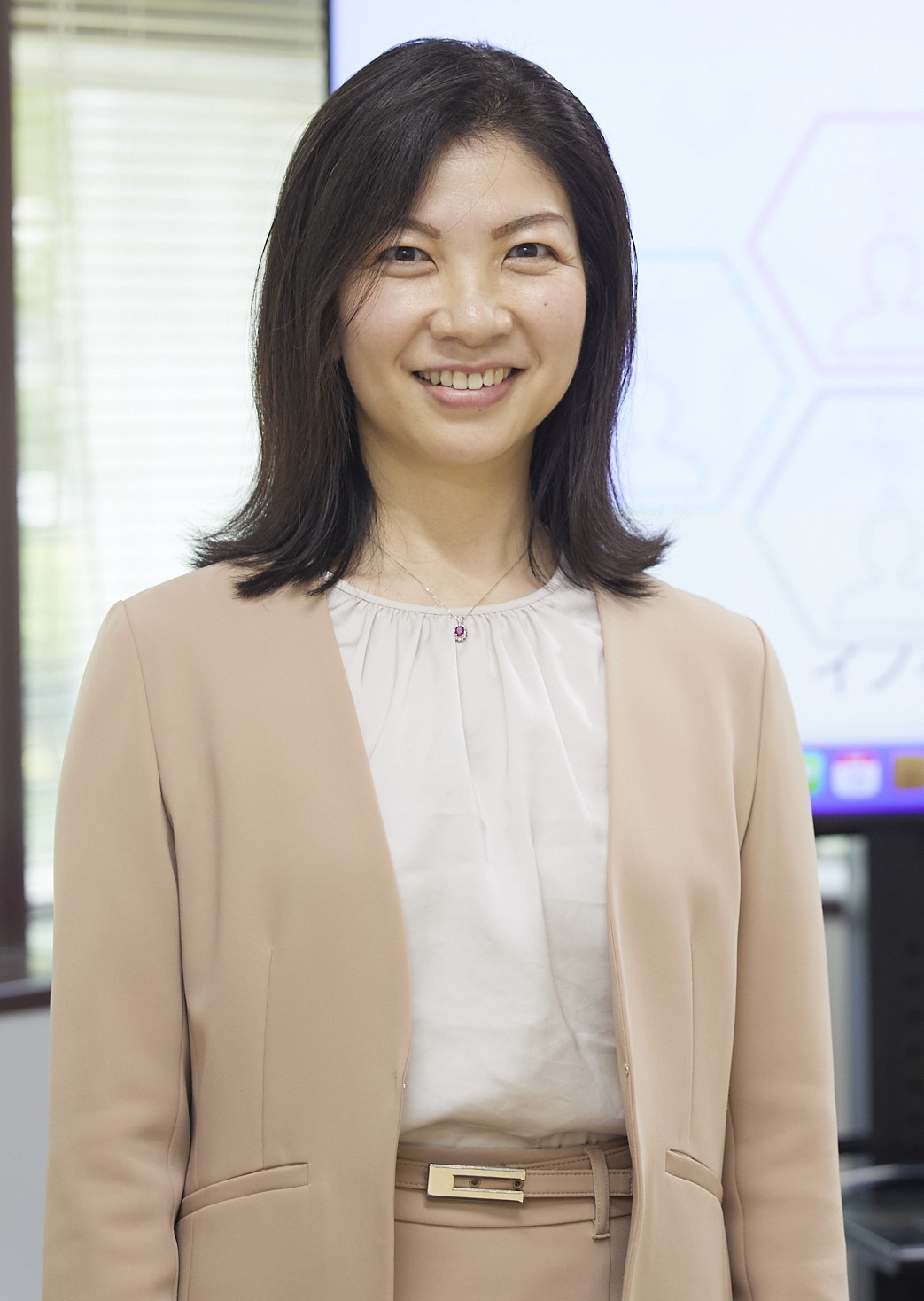 |
Misa Shiomi (Associate Professor, Human Health Sciences, Innovative Public Health Nursing, Graduate School of Medicine) ➡With experience as a public health nurse in a designated city, my research focuses on developing models for community assessments and educational programs for public health nurses to create health projects based on residents' needs. I aim to enhance public health practices in local governments, not only during health crises but also in ordinary times. |
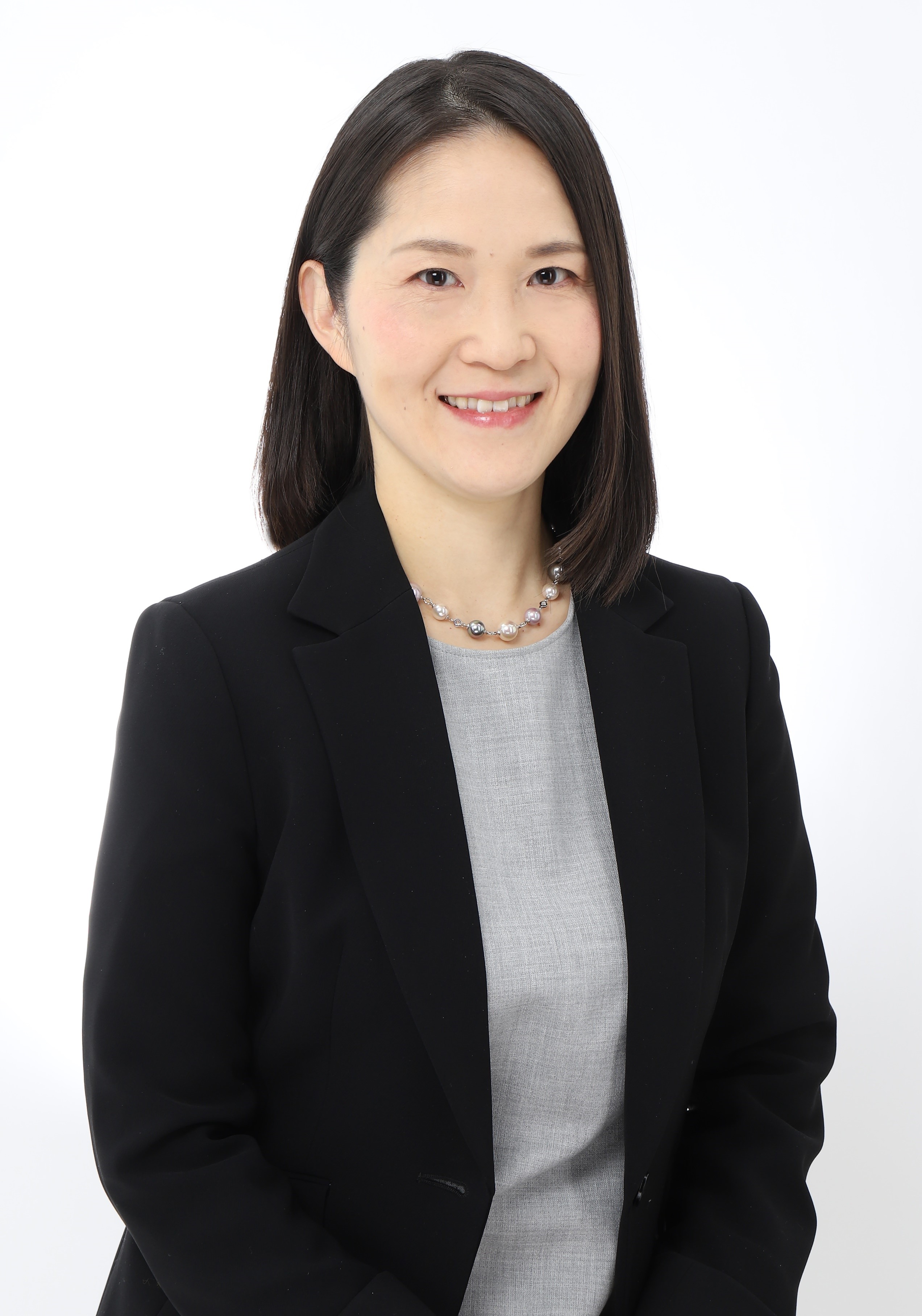 |
Miki Nagao (Professor, Department of Clinical Laboratory Medicine, Graduate School of Medicine/Director, Department of Clinical Laboratory, Department of Infection Prevention, Kyoto University Hospital)
➡As a clinical department, we are engaged in microbiological analysis of drug-resistant bacteria and viruses, clinical research on infectious diseases, and the development of new testing systems. Infectious disease management needs to be addressed by the entire society. In collaboration with researchers from various fields, we aim to conduct research that will contribute to countermeasures against not only epidemic viral infections such as COVID-19, but also antimicrobial resistant bacteria, which are referred to as silent pandemics. Research area : Infectious Diseases, Infection Control, Laboratory Medicine |
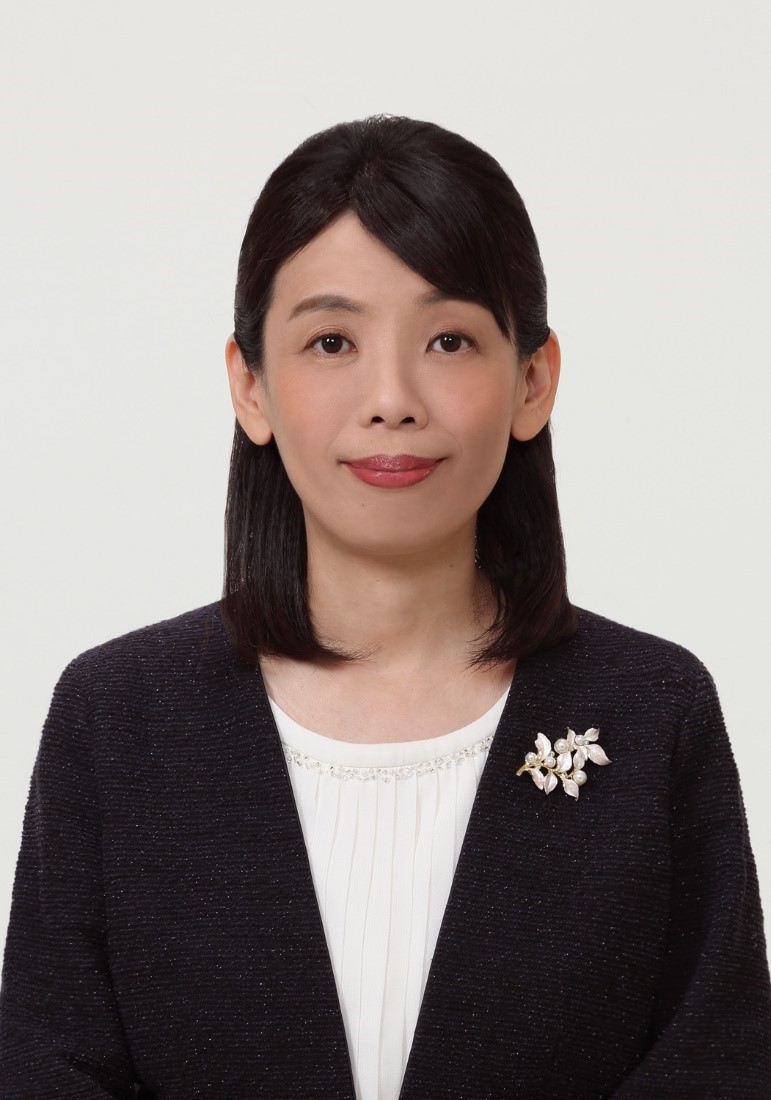 |
Yumi Matsumura (Professor, Department of Patient Safety, Kyoto University Hospital) ➡We are committed to process improvement. Healthcare relies heavily on human engagement, and we believe that a comfortable work environment and psychological safety leads to better performance. Therefore, we focus on reducing discomfort in the workplace. My research topic is the scientific basis of safety measures such as double-checking. |
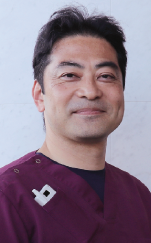 |
Shigeru Ohtsuru (Professor, Department of Primary Care and Emergency Medicine /Director, Emergency and Critical Care Center, Hyperbaric Oxygen Therapy Center, Kyoto University Hospital/Health Emergency and Regional Disaster Risk Management, Disaster Prevention Research Institute, Kyoto Univerity) ➡During my time as a medical student, I experienced the Great Hanshin-Awaji Earthquake, which inspired me to become an emergency physician. I have participated in disaster medical dispatches for the Niigata Chuetsu Earthquake and the Great East Japan Earthquake. In 2016, I organized the Kyoto iMED Disaster Research Association through a collaboration between the Kyoto University Disaster Prevention Research Institute and the university hospital. The association focuses on interdisciplinary and multi-professional collaboration. Based on findings from the Kumamoto Earthquake, I established the Section of Health Emergency and Regional Disaster Risk Management at the Disaster Prevention Research Institute in 2018, with the theme of "Continuity of Medical Care During Disasters." I aim to build a society resilient to health crises through the implementation of Community Healthcare Business Continuity Plans (BCPs). |
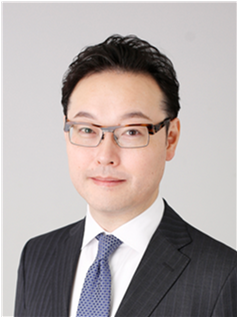 |
Genta KATO(Program-Specific Professor , Department Manager (Department of Hospital Ward Management) /(Solutions Center for Health Insurance Claims) Kyoto University Hospital) ➡Based on my experience involved in emergency medicine, medical sociology and healthcare policy, I oversee optimizing the allocation of hospital beds within hospitals and reorganizing the functions of critical care units that provide highly acute care, while sharing information with on-site managers daily to improve hospital functions. My main research theme is the promotion of utilization of large-scale medical data owned by the government, and I conduct research from various angles, including developing research, consolidated analysis of various large-scale medical data, and surveys of overseas trends. Areas of expertise: healthcare policy, hospital management, medical sociology (professionalism) |
 |
Norio Maki(Professor, Research Division of Disaster Management for Safe and Secure Society, Disaster Prevention Research Institute) ➡Since the Great Hanshin-Awaji Earthquake, I have been conducting research on disaster response, recovery and reconstruction, and emergency management. I have also been involved in disaster reduction planning for many local governments. Regarding health security, I have been working with doctors from the university hospital through the iMED research group. Based on the outcomes of this research, we have established a research Section of Health Emergency and Regional Disaster Risk Management at the Disaster Prevention Research Institute. Currently, I am developing assessing tool of the resilience of medical services during disasters. |
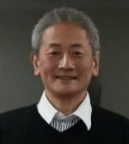 |
Michinori Hatayama (Professor, Research Center for Disaster Reduction Systems, Disaster Information Systems, Disaster Prevention Research Institute) ➡Our goal is to establish design methodologies for development of effective disaster management systems against various types of disaster for national/local government, local communities in affected areas and disaster relief organizations. One of the most important key technology is spatial temporal database to record, visualize and analyze current/near future status in affected areas. In addition, our laboratory focuses on human behavior before/during/after disasters as targets to supply valuable services. |
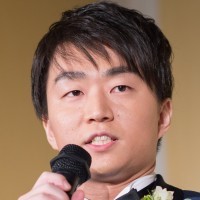 |
Naoki Tani (Program-Specific Associate Professor, Research Center for Advanced Policy Studies (CAPS), Institute of Economic Research) ➡I am a macroeconomist studying how fiscal transfers affect regional disparities and income inequality. I am also interested in the dynamics of multinational firms. I am working at Research Center for Advanced Policy Studies (CAPS), Institute of Economic Research, Kyoto University. |
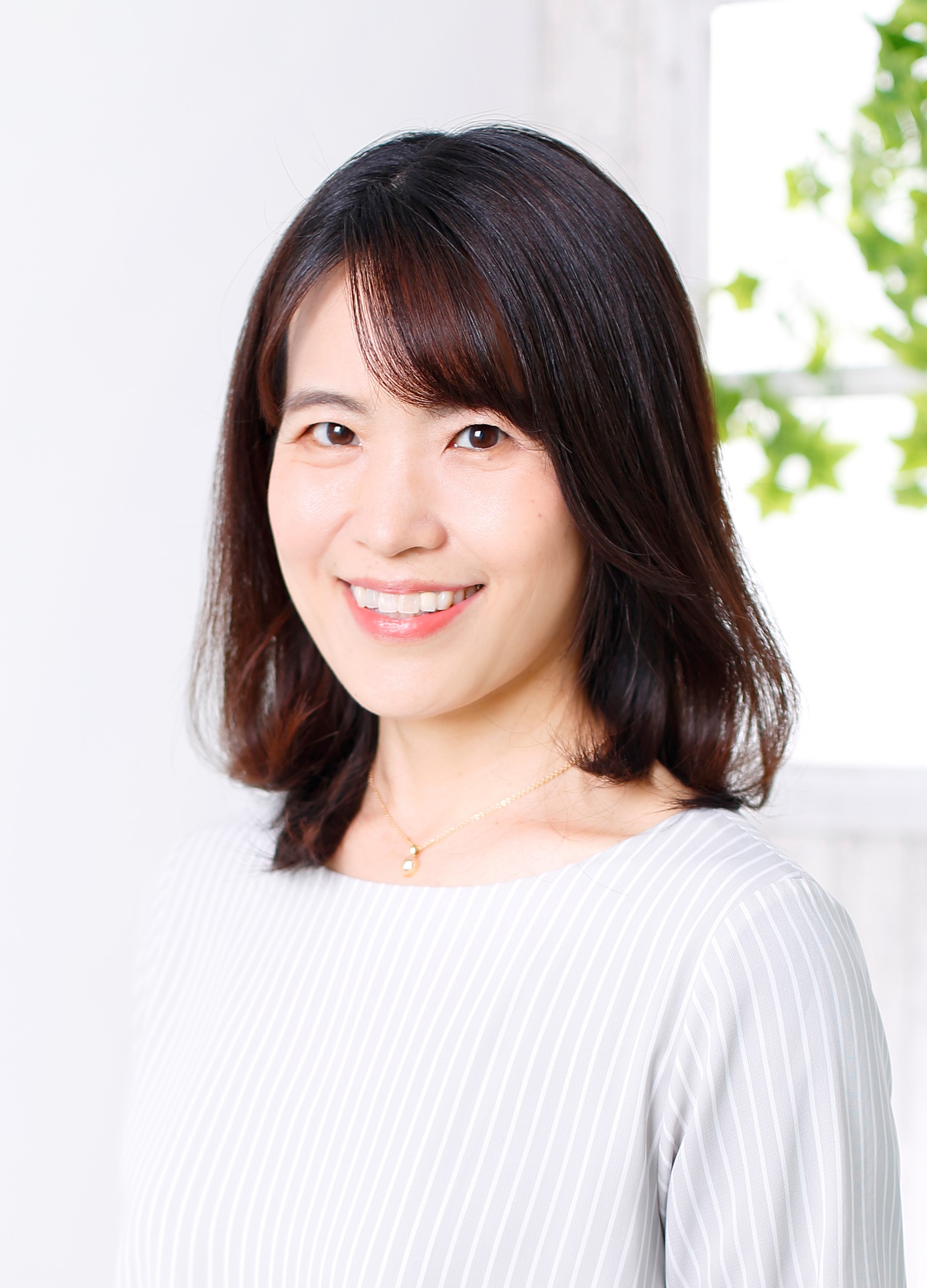 |
Yukiko Uchida (Director/Professor, Institute for the Future of Human Society) ➡Professor Uchida specializes in social and cultural psychology, focusing on cross-cultural empirical studies. She conducts research on well-being, interpersonal relationships, and emotions. As part of her social activities, she contributed to creating a well-being index in Japan for the Cabinet Office's Well-Being Index and introduced the concept of well-being in the Basic Plan for the Promotion of Education. She is a member of the Board of Directors of the Association for Psychological Science (APS) and an APS Fellow. |
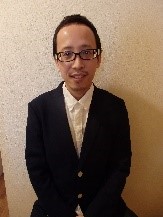 |
Takao Hashiguchi (Professor, Laboratory of Medical Virology, Institute for Life and Medical Sciences) ➡Our laboratory studies the pathogenicity in pediatric and/or highly pathogenic viral diseases as well as their application to prophylactic/therapeutic strategies utilizing the techniques of structural biology. In particular, we are interested in understanding the mechanisms of viral cell entry, the inhibition of viral entry by inhibitory molecules, and vaccine antigen design. |
 |
Takeo Nakayama(Professor, Department of Health Informatics, School of Public Health, Graduate School of Medicine) ➡We seek information and communication that supports solutions to health and medical issues from the perspectives of “creating, communicating, and using” information. The target audience is not limited to medical professionals, but includes patients, caregivers, supporters, and other healthcare users in general, as well as individuals and society at large, to support decision-making. |
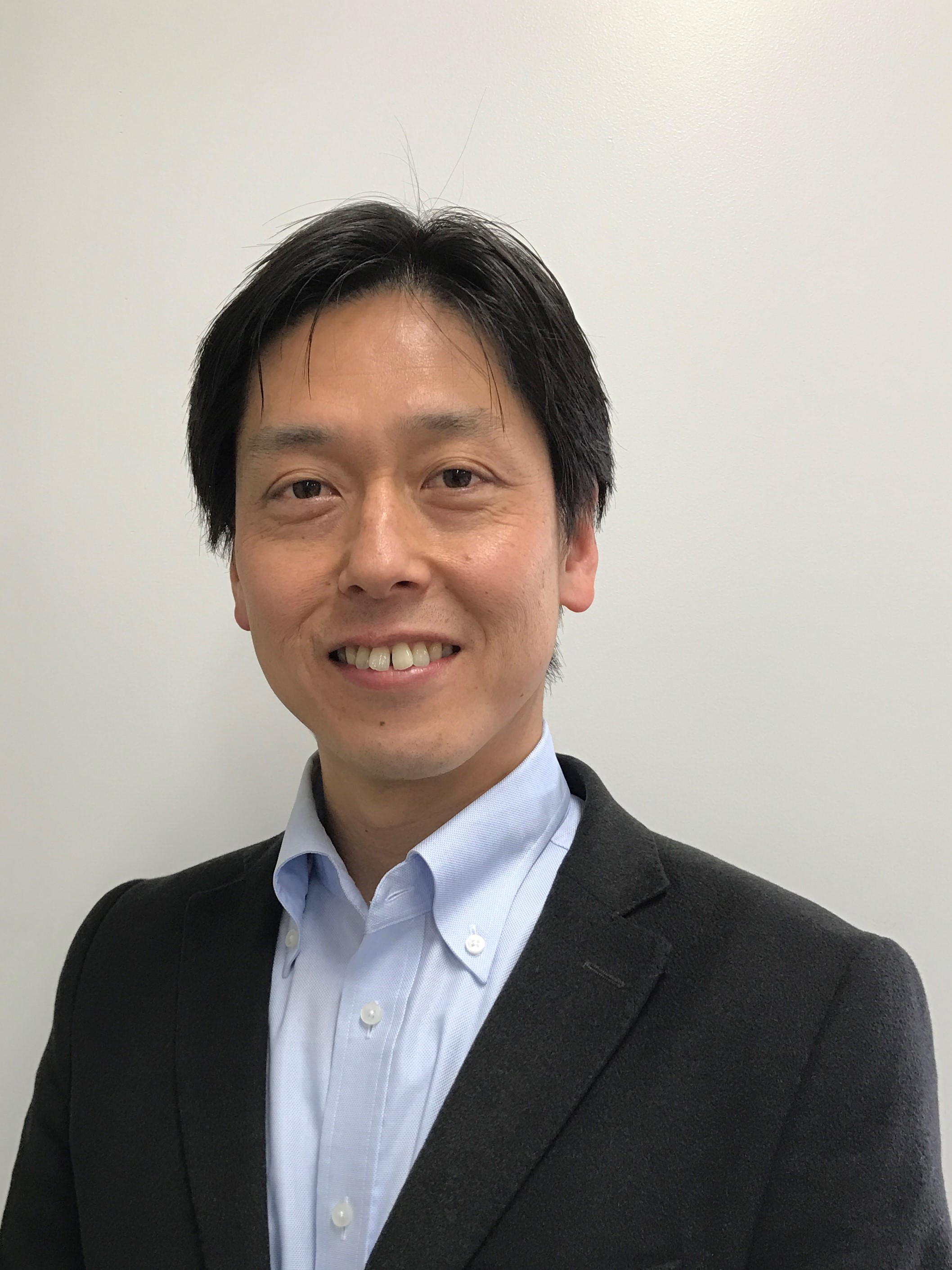 |
Naoki KONDO(Professor, Department of Social Epidemiology, School of Public Health, Graduate School of Medicine) ➡We aim to elucidate the social factors that affect health, such as poverty and isolation, and to develop policies and services to correct health disparitiesresulting from such factors. It is known that health disparities increase during disasters. Therefore, we are also working on the development of measures and mechanisms that are required to address the health needs of people who are more vulnerable during disasters than during normal times. |
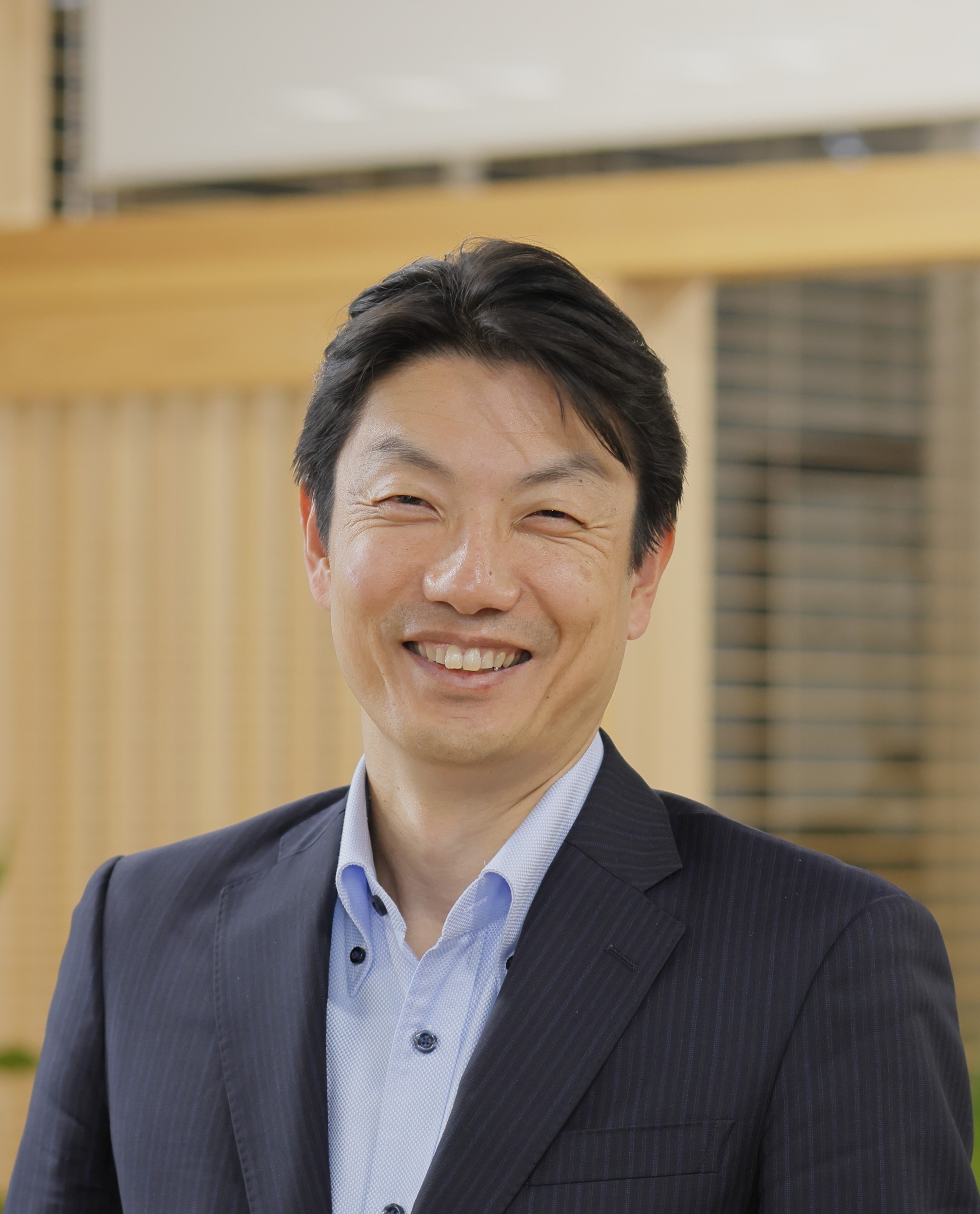 |
Taku Iwami(Professor, Department of Preventive Services, Center for Health Security School of Public Health, Graduate School of Medicine) ➡We conduct clinical and epidemiological research, primarily focusing on cardiology, emergency and resuscitation, and the fields of preventive medicine and health promotion. In particular, we emphasize dissemination and implementation science research, including evaluating the effectiveness of citizen-initiated CPR and AED use, developing and assessing the educational impact of life-saving training programs, and examining the regional survival benefits of these initiatives. Additionally, we are involved in research on utilizing Personal Health Records (PHR) for disease prevention, health promotion, and establishing a foundation for their application in emergency and disaster situations. |
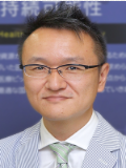 |
Tatsuhiko Kubo(Department of Multi-Sectoral Preparedness & Strategic Coordination, Center for Health Security Graduate School of Medicine / Disaster Prevention Research Institute) (Cross Appointment with Hiroshima University) ➡Our department will take on the challenge of facilitating multi-sector collaboration for the implementation of organizational and strategic health crisis management. One approach that has proven effective in past responses and we will research is to establish multi-sectoral/multi-stakeholder information cycles. Research will be conducted across academic disciplines and national boundaries, will explore the optimal design of policies, systems and measures; strategies, operations and tactics according to each local context. |
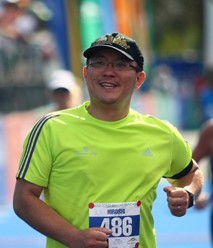 |
Hiroshi Nishiura (Professor, Center for Health Security, Department Epidemic Intelligence and Health Emergency Response, Department of Health and Environmental Sciences, School of Public Health,Graduate School of Medicine / Major: Hygiene and Infectious Disease Epidemiology) ➡We contribute to risk assessment of emerging infectious disease epidemics caused by novel pathogens, analysis of health emergency data and associated science communications. Whenever a large catastrophic epidemic event happens in humans or in animal populations, we analyze various types of risk and also we are committed to designing effective interventions and their impact including human behavioral changes in contact and mobility. |
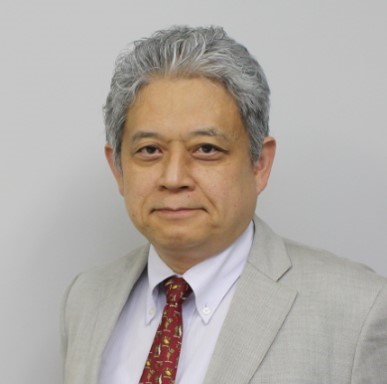 |
Yuichi Imanaka(Professor, Department of Health Security System, Center for Health Security/Department of Healthcare Economics and Quality Management, School of Public Health, Graduate School of Medicine, Kyoto University) ➡We conduct research and development to enhance (1) the health and well-being of people and (2) the sustainability and resilience of health and social care systems, both in times of crisis and in the face of potential crises. We address (1) sudden crises, such as natural disasters and infectious diseases, and (2) silent crises, including population decline, increasing pressure on social security, widening disparities, and antimicrobial resistance. We take cross-disciplinary approaches to enhancing mechanisms for prevention, preparedness, response, recovery, and reconstruction. We place a strong emphasis on human resource development, fostering both academic and practical competencies. |
|
【Specially Appointed Professor】 |
|
Yasumasa Fukushima (former Chief Medical and Global Health Officer of the Ministry of Health, Labor and Welfare) |
【Executive Committee】
** Deputy Director of CHS
CHS : Center for Health Security